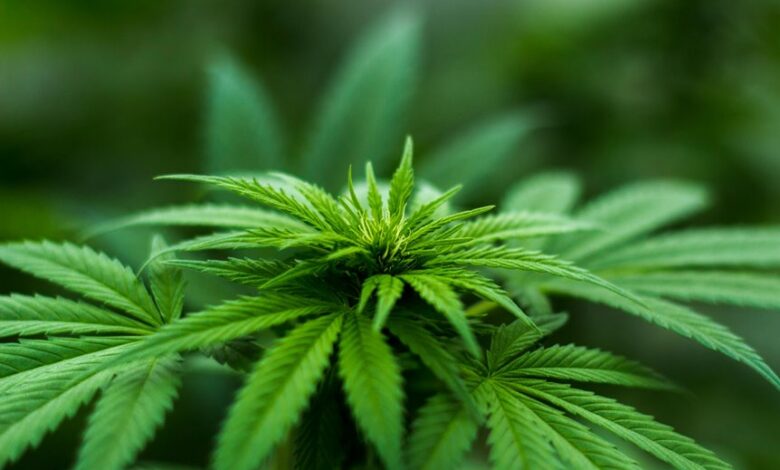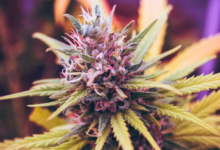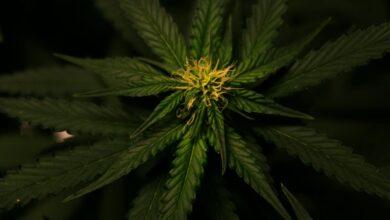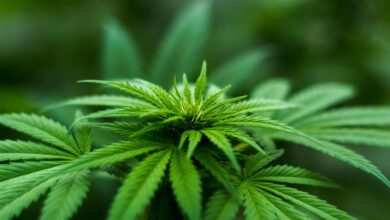What Is the Difference in Thc and Cbd

THC and CBD are two prominent cannabinoids found in cannabis. THC is recognized for its psychoactive effects, often leading to a euphoric experience. In contrast, CBD does not induce a high and is valued for its therapeutic properties. Understanding these differences is crucial for users seeking specific effects. However, the implications of these compounds extend beyond their basic characteristics, particularly in areas such as legality and therapeutic applications.
Understanding THC: The Psychoactive Component
Tetrahydrocannabinol (THC) is the primary psychoactive compound found in cannabis, known for its ability to produce euphoric effects commonly associated with marijuana use.
THC interacts with specific THC receptors in the brain, leading to alterations in mood, perception, and cognition.
These psychoactive effects contribute to THC's popularity among users seeking both recreational enjoyment and potential therapeutic benefits.
Exploring CBD: The Non-Psychoactive Cannabinoid
Cannabidiol (CBD) stands out as a prominent cannabinoid in the cannabis plant, recognized for its non-psychoactive properties.
Unlike THC, CBD does not induce a high, making it a popular choice for those seeking potential wellness benefits without intoxication.
Common CBD sources include hemp and certain cannabis strains, offering a range of CBD benefits such as relaxation and anxiety reduction, appealing to many individuals.
Therapeutic Benefits and Uses of THC and CBD
While both THC and CBD are derived from the cannabis plant, their therapeutic benefits and uses differ significantly.
THC is primarily utilized for its psychoactive properties, aiding in pain management and stimulating appetite.
Conversely, CBD offers therapeutic applications without intoxication, often used for anxiety reduction and inflammation relief.
Both cannabinoids provide unique advantages, appealing to diverse health needs and preferences.
Legal Status and Regulations Surrounding THC and CBD
As the legal landscape surrounding cannabis continues to evolve, the regulation of THC and CBD varies widely across regions.
Legal frameworks can differ significantly, with some areas permitting recreational use while others restrict both substances.
These discrepancies create regulatory challenges, complicating compliance for businesses and consumers alike.
Understanding these laws is essential for navigating the complex terrain of cannabis legality and ensuring informed choices.
Conclusion
In summary, THC and CBD serve distinct purposes within the cannabis spectrum, appealing to different user needs. While THC is sought for its psychoactive effects, CBD is favored for its therapeutic benefits without intoxication. Interestingly, a survey found that nearly 64% of CBD users reported improvements in their quality of life, showcasing the increasing popularity and potential of non-psychoactive cannabinoids. Understanding these differences can guide individuals in making informed choices regarding their cannabis use.






